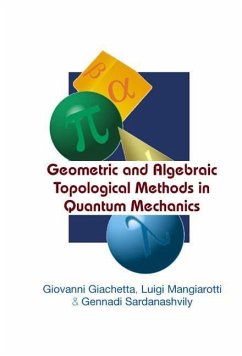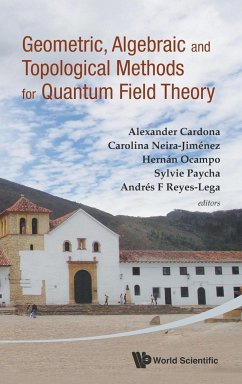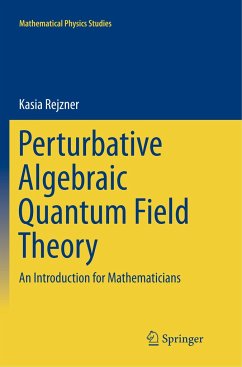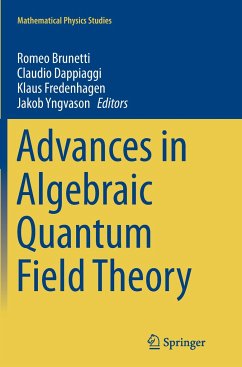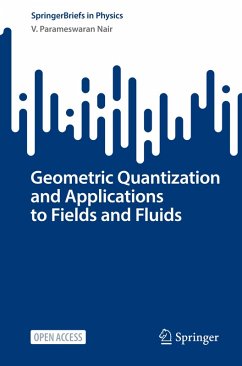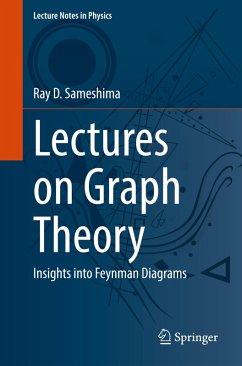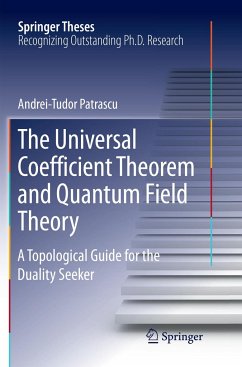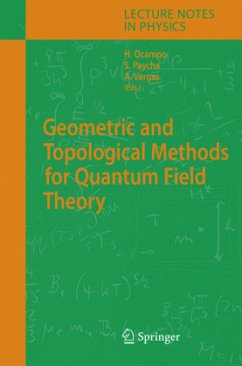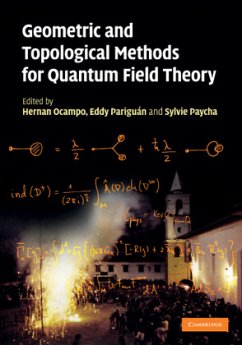
Quantum Mechanics and Quantum Field Theory from Algebraic and Geometric Viewpoints

PAYBACK Punkte
20 °P sammeln!
This book offers a non-standard introduction to quantum mechanics and quantum field theory, approaching these topics from algebraic and geometric perspectives. Beginning with fundamental notions of quantum theory and the derivation of quantum probabilities from decoherence, it proceeds to prove the expression for the scattering matrix in terms of Green functions (LSZ formula), along with a similar expression for the inclusive scattering matrix. The exposition relies on recent findings by the author that provide a deeper understanding of the structure of quantum theory and extend beyond its tra...
This book offers a non-standard introduction to quantum mechanics and quantum field theory, approaching these topics from algebraic and geometric perspectives. Beginning with fundamental notions of quantum theory and the derivation of quantum probabilities from decoherence, it proceeds to prove the expression for the scattering matrix in terms of Green functions (LSZ formula), along with a similar expression for the inclusive scattering matrix. The exposition relies on recent findings by the author that provide a deeper understanding of the structure of quantum theory and extend beyond its traditional boundaries. The book is suitable for graduate students and young researchers in mathematics and theoretical physics seeking to delve into innovative concepts within quantum theory. The book contains many recent results therefore it should be interesting also to accomplished physicists and mathematicians.



